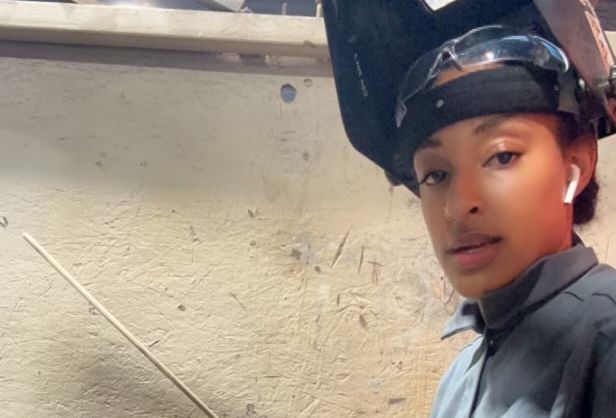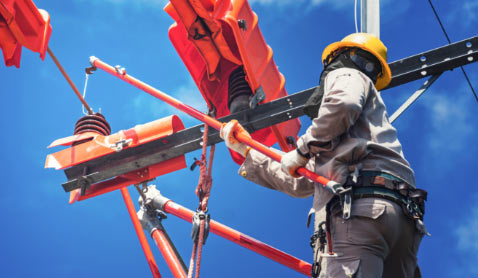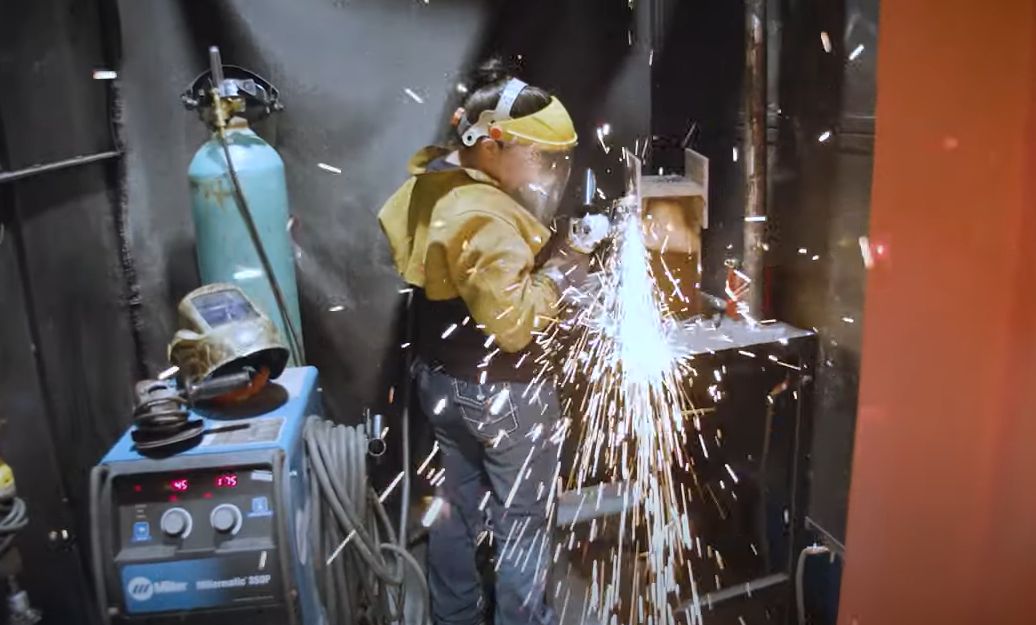Are you interested in becoming a trade professional? Did you know that there is a demand for HVAC technicians1? The Refrigeration Technologies program is offered at our Jacksonville, Houston,...
Read MoreFeatured Stories

07/26/2024
Rachae, 32, is a hometown girl from Tulsa, Oklahoma. Rachae completed the seven-month Professional Welder program at Tulsa Welding School in February 2024. Thanks for your time, Rachae. Tell...
Read More » Read More
07/23/2024
Did you graduate high school and are now considering your future? First, we want to congratulate you on this milestone. We know the sacrifices you made to make it...
Read More » Read More
07/19/2024
Are you interested in becoming a welder? There are a few steps that you must complete to become a welder. These include completion of a high school diploma or...
Read More » Read More
07/16/2024
When we think of first responders, images of firefighters, police officers, and paramedics often come to mind. But there’s another group of unsung heroes who rush toward danger to...
Read More » Read More
07/12/2024
Did you know that Tulsa Welding School & Technology Center has a Houston campus? That’s right. We offer a Professional Welding program that prepares you for a job working...
Read More » Read More
07/03/2024
Are you interested in learning how to weld? Like most of us, do you work during the day and/or take care of personal responsibilities in the evening? Well, don’t...
Read More » Read More








